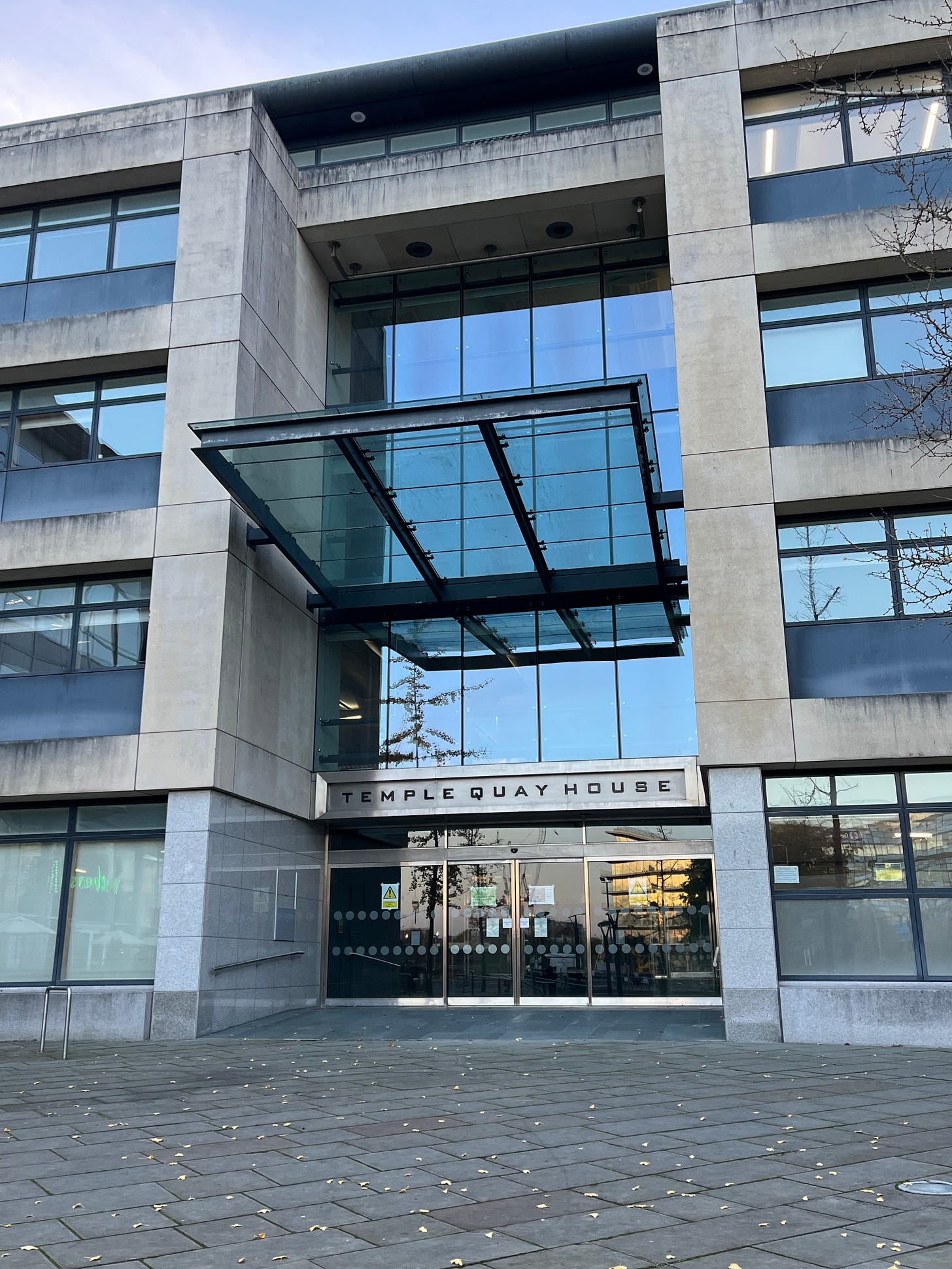More than ever
We take a look at the mushrooming of approved planning applications in South Somerset. Are Somerset Council making their deficit worse by building too many homes? Somerset Confidential® investigates.
Dear readers
Today’s issue of Somerset Confidential® is for our paying subscribers.
Of course we keep as much of our news content as possible free for all residents of Somerset.
However we can only do that with the support of our paying subscribers. If you can help support us in what we do, please consider a paid subscription.
News is not free.
Real news content, whether it is supported by advertising or the BBC license fee, cannot be free. Unless you want news via press release, news comes from being there, interrogating the facts, asking awkward questions. And that requires trained journalists, research, transport, forensic accounting and the like. Bills have to be paid if you want proper news coverage.
A paid subscription costs just £30 or 58p a week. For that we’ll give you all this:
at least 48 exclusive paid subscriber only stories a year
access to our full back catalogue
the chance to comment on our stories
the pleasure of supporting Somerset’s most innovative independent journalism
You can subscribe here:
Thank you
Andrew Lee - editor
Somerset may be run by the shiny and nearly new Somerset Council, but responsibility for planning decisions is split into four regions that exactly correspond with the old district councils. For instance Area South corresponds exactly with the old South Somerset District Council.
And in Area South they have been approving houses at a rate of knots. Not fast enough for some though.
One councillor on the Area South committee regularly takes to LinkedIn to lambast his colleagues for not approving planning applications. Especially when taking a decision at odds with council officers.
The councillor has a point. For starters if a decision is appealed, there will be a Planning Inquiry held by the Planning Inspectorate, a national body based in Bristol. If either party are considered to have a poor case, the cost of holding the appeal (which can be routinely in the region of £100,000) can be awarded against them by the Planning Inspector hosting the appeal.
And it is certainly true that the planning officers are the experts. So to go against the experts is risky for any council if they then lose an appeal. It enhances the risk of having costs awarded against them.
Appealing
Happily the latest figures for Area South’s planning performance, published on 17 March by Somerset Council, are positive. Far from turning down applications without justification, the figures suggest that when council decisions go to appeal, over 60% of them are won by the council.
As a rule of thumb, developers will only go to appeal if they feel they have a strong case. Because if they don’t, in the same way costs could end up being awarded against them.
Councillors on the Area South planning committee must be getting something right when they reject applications if they are winning over 60% of appeals.
But the idea of always following officer recommendations is surely flawed. It assumes that officers are never wrong and their decisions are always sound. And as with all human beings, that simply isn’t a realistic assumption.
officers are never wrong and their decisions are always sound
A recent case in Warminster showed the dangers of slavishly following officer recommendations.




